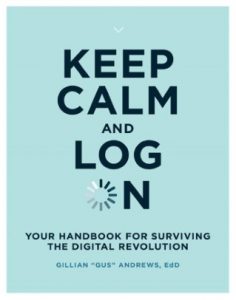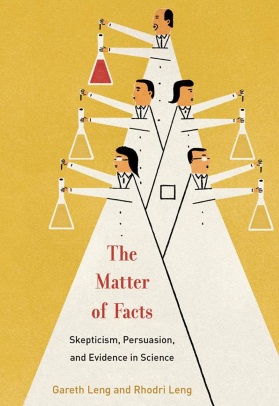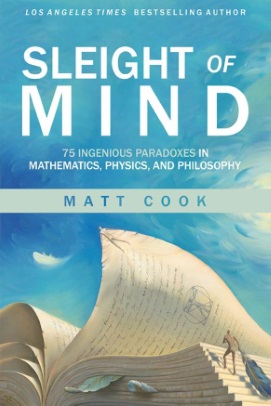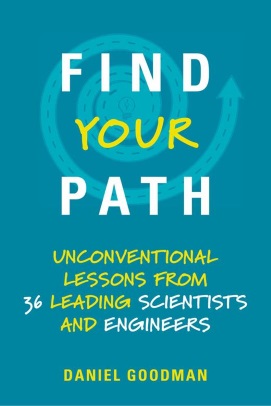This time our recommendations do not focus on a particular theme. Due to the epidemic, many publishers and database vendors have temporarily opened up their collections for student use, free of charge. This selection gives you a taste of what is available but only until the end of June, so be sure not to miss them!
 Fleming, C. A. (2013). It’s the way you say it: becoming articulate, well-spoken, and clear. 2nd ed. Berrett-Koehler Publishers. (Courtesy of Ebsco Academic eBook Subscription Collection)
Fleming, C. A. (2013). It’s the way you say it: becoming articulate, well-spoken, and clear. 2nd ed. Berrett-Koehler Publishers. (Courtesy of Ebsco Academic eBook Subscription Collection)
As professionals we have to be able to convey our expertise to others, not only in the written but also the spoken word. If you want to make people listen and take your advice, you need to be clear, reasonable, and personable. This guide shows you how to do just that. Carol Fleming provides detailed advice and scores of exercises for
• understanding how others hear you
• varying your vocal patterns to make your speech more dynamic
• reinforcing your message with nonverbal cues
and much more. Communication issues in the workplace are also covered, such as interviews, presentations and voice mail.
 Andrews, Gillian. (2020). Keep calm and log on: your handbook for surviving the digital revolution. The MIT Press.
Andrews, Gillian. (2020). Keep calm and log on: your handbook for surviving the digital revolution. The MIT Press.
The digital revolution was supposed to make our life better, but what has happened? We are being buried under the constant avalanche of useless data, worried about our online security, suspicious of all and any news. Online, everything is connected to everything else, and no matter what we do there may be unseen consequences, even years later. No wonder so many of us feel powerless; rather than tackle the Herculean task of taking control, we choose to ignore the problems.
In her book, Gillian Andrews explains why media and ICT can be so stressful and offers tools for coping. She recommends mindfulness practices to help us conserve our attention purposefully. Occasional unplugging is also recommended. She also explains how social media algorithms keep us from information we need and why “creepy ads” seem to follow us online. Taking charge of our security and privacy is an important step, as is regaining our trust in our communities.
 Leng; Gareth & Leng, Rhodri Ivor. (2020). The matter of facts: skepticism, Persuasion, and Evidence in Science. The MIT Press.
Leng; Gareth & Leng, Rhodri Ivor. (2020). The matter of facts: skepticism, Persuasion, and Evidence in Science. The MIT Press.
Science is impartial, based on research and deals with facts. So why is there so much disagreement on the interpretation of facts? Leng and Leng posit that there are a number of problems confronting modern science: the widespread use of inappropriate statistical tests, a shortage of replication studies, and a bias in both publishing and citing “positive” results.
Scientists are supposed to constantly challenge their own thinking. Leng & Len argue that is not the case; rather they try to persuade their peers of the importance of their own ideas. They use rhetoric, favour evidence that will support their ideas, and present evidence in a way that makes it appear to be supportive, ignoring inconvenient evidence. Science is, after all, human activity and as such driven by both reason and passion.
 Cook, Matt. (2020). Sleight of Mind: 75 Ingenious Paradoxes in Mathematics, Physics, and Philosophy. The MIT Press.
Cook, Matt. (2020). Sleight of Mind: 75 Ingenious Paradoxes in Mathematics, Physics, and Philosophy. The MIT Press.
This is how the publisher describes this book: “Paradox is a sophisticated kind of magic trick. A magician’s purpose is to create the appearance of impossibility, to pull a rabbit from an empty hat. Yet paradox doesn’t require tangibles, like rabbits or hats. Paradox works in the abstract, with words and concepts and symbols, to create the illusion of contradiction. There are no contradictions in reality, but there can appear to be. In Sleight of Mind, Matt Cook and a few collaborators dive deeply into more than 75 paradoxes in mathematics, physics, philosophy, and the social sciences. As each paradox is discussed and resolved, Cook helps readers discover the meaning of knowledge and the proper formation of concepts—and how reason can dispel the illusion of contradiction. The journey begins with “a most ingenious paradox” from Gilbert and Sullivan’s Pirates of Penzance. Readers will then travel from Ancient Greece to cutting-edge laboratories, encounter infinity and its different sizes, and discover mathematical impossibilities inherent in elections. They will tackle conundrums in probability, induction, geometry, and game theory; perform “supertasks”; build apparent perpetual motion machines; meet twins living in different millennia; explore the strange quantum world—and much more.”
 Goodman, Daniel. (2019). Find your path: unconventional lessons from 36 leading scientists and engineers. The MIT Press.
Goodman, Daniel. (2019). Find your path: unconventional lessons from 36 leading scientists and engineers. The MIT Press.
This is an insightful book for anyone planning their future career. Thirty-six leading scientists and engineers describe the challenges and successes encountered as they established their careers in academia, private industry, and government. They discuss their varying preferences for solitary research or collaborative teamwork; their attempts to achieve work-life balance; and unplanned changes in direction that resulted in a more satisfying career. Taken together, these essays make it clear that there is not one path to a profession in science, but many.
The complimentary collections do not only include e-books, but also e-journals and videos. Here are a few examples:
Joffe, E., Baer, J. (Producer). (2008). Critical thinking: Analyzing problems and decisions [Streaming video]. Retrieved from SAGE Video.
– A thirty-minute video on decision making skills, evaluation, prioritising, problem solving and more.
Musacchio, P., & Reinhard-Gorney, M. (Producers). (2018, Jan 01). A student’s guide to communication and self-presentation. [Video] Retrieved from ProQuest One Academic Collection.
– The title of the video is rather self-explanatory. It also reviews the process of asking for letters of recommendation, creating an “elevator pitch”, and effective interviewing and writing skills. The video is part of the Student Success Series.
I will wind up the post with an entertaining option: Are you familiar with the Brain Games? Many of its episodes are available in ProQuest One Academic collection.
This was only a small sample of the complimentary collections that close at the end of this month. For the complete list of available collections, see library news.


